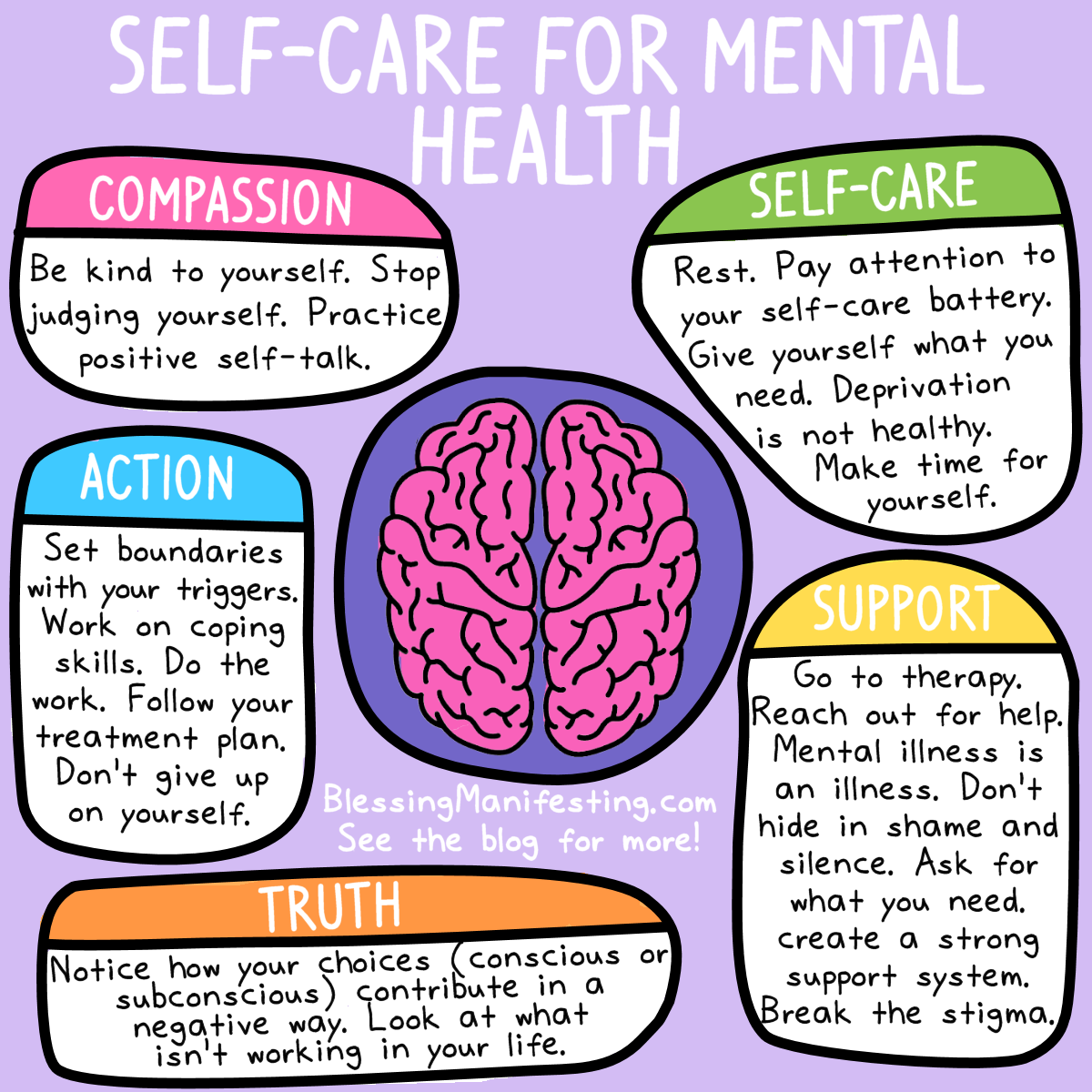
In today’s fast-paced world, taking care of our mental well-being is vital. Mental health issues, such as stress, anxiety, and depression, are increasing at an alarming rate. It’s essential to prioritize self-care to maintain a healthy mind and lead a fulfilling life.
Understanding Self-Care
Self-care refers to activities and practices that promote physical, emotional, and psychological well-being. It involves recognizing our needs and taking deliberate action to fulfill them.
Physical Self-Care
Physical self-care entails ensuring our bodies are adequately taken care of. This includes getting enough sleep, maintaining a nutritious diet, engaging in regular exercise, and practicing good hygiene. Taking care of our physical health directly impacts our mental well-being.
Emotional Self-Care
Emotional self-care involves understanding and managing our own emotions effectively. Techniques such as journaling, practicing mindfulness, seeking therapy, and spending time with loved ones can help enhance emotional well-being. It’s important to acknowledge and process our feelings to avoid built-up stress and anxiety.
Social Self-Care
Social self-care focuses on nurturing healthy relationships and building a support system. It involves spending quality time with friends and family, seeking social support when needed, and engaging in activities that foster positive connections. Strong social connections contribute significantly to our mental well-being.
Mental Stimulation
Mental self-care involves challenging our minds and engaging in activities that stimulate growth. This can include reading books, learning new skills or hobbies, solving puzzles, or engaging in creative outlets. Keeping our minds active and engaged helps prevent cognitive decline and boosts overall mental health.
Spiritual Self-Care
Spiritual self-care is about finding meaning and purpose in life. It can involve engaging in religious or spiritual practices, participating in meditation or yoga, spending time in nature, or simply reflecting on personal values and beliefs. Nurturing our spiritual side contributes to a sense of peace and fulfillment.
The Benefits of Self-Care
Practicing regular self-care has numerous benefits for our mental well-being. It reduces stress levels, improves mood, boosts self-esteem, and enhances overall quality of life. Self-care empowers us to take control of our mental health and prioritize our own needs.
Conclusion
In conclusion, self-care is crucial for maintaining good mental well-being. By implementing various self-care practices, we can effectively manage stress, improve our emotional resilience, and lead happier, more fulfilled lives. Prioritizing self-care is an investment in our mental health that pays off in the long run.

